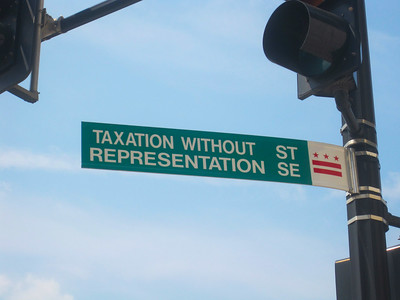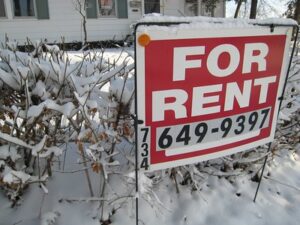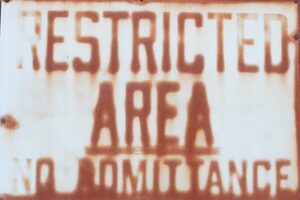If you don’t look too closely at the WCC Board of Trustees, you may miss a few important things. For example, there’s no good way to know what their voting record is without researching and compiling it yourself. Or the badly outdated policy manual, which is probably a discussion by itself. Even the composition of the WCC Board of Trustees raises important questions for the voters.
The composition of the Board is such that six of the seven members on the Board come from one city. This over-representation is problematic because collectively, the Trustees come from a vastly different economic environment than the WCC students do. This disparity reinforces the Trustees’ stated perception that WCC exists in a “rich community” and that the institution collects a “boatload of money” from the operational millages.
The area’s property tax collections drive the Trustees’ wealth perception, but when the WCC Trustees actually need to pay for construction or other capital improvements, they invariably hand these costs to the low-income students who attend WCC, in the form of per-credit-hour fees and tuition increases.
The other problem with the lopsided geographic distribution of the WCC Board is that, according to Washtenaw County’s 2021 equalization report, two-thirds of WCC’s property tax collections come from … wait for it… NOT Ann Arbor City. Two thirds of the 2021 estimated collection ($40M+ dollars) was spent with absolutely no representation for the municipalities that provided it.
Remaking the WCC Board of Trustees
This is important. Ann Arbor City generates one-third of WCC’s annual property tax collection, yet seats 6 out of 7 WCC Trustees. The lack of representation on the WCC Board of Trustees for the remainder of Washtenaw County can be remedied only by people from Not Ann Arbor filing to run for a seat on the Board.
Everyone in Washtenaw County pays the WCC millage rates equally; why should Ann Arbor have nearly exclusive representation on the WCC Board of Trustees? One possible division, based on roughly balanced tax collections would look like this:
| Tax district | Seats |
|---|---|
| Ann Arbor City | 2 |
| Pittsfield Twp, Saline City/Twp | 1 |
| Ypsilanti City/Twp, Superior Twp | 1 |
| AA Twp, Dexter Twp, Lyndon, Northfield, Salem, Webster |
1 |
| Freedom, Lima, Lodi Twp, Scio Twp | 1 |
| Augusta, Bridgewater, Chelsea, Dexter Village, Manchester, Milan City, Sharon, Sylvan, York |
1 |
This is the danger of having at-large seats for an institution that serves the entire county. Unrepresented taxpayers generate most of the institution’s support, while over-represented individuals with a smaller financial stake make all the spending decisions. Even in the 2022 WCC Board of Trustees election, all three candidates are from Ann Arbor. How different would Washtenaw Community College be if it weren’t run exclusively by trustees from Ann Arbor?
If the lack of representation seems wrong to you, and you reside in Not Ann Arbor, please consider running for a WCC Board of Trustees seat in 2024.
Photo Credit: apasciuto , via Flickr
























